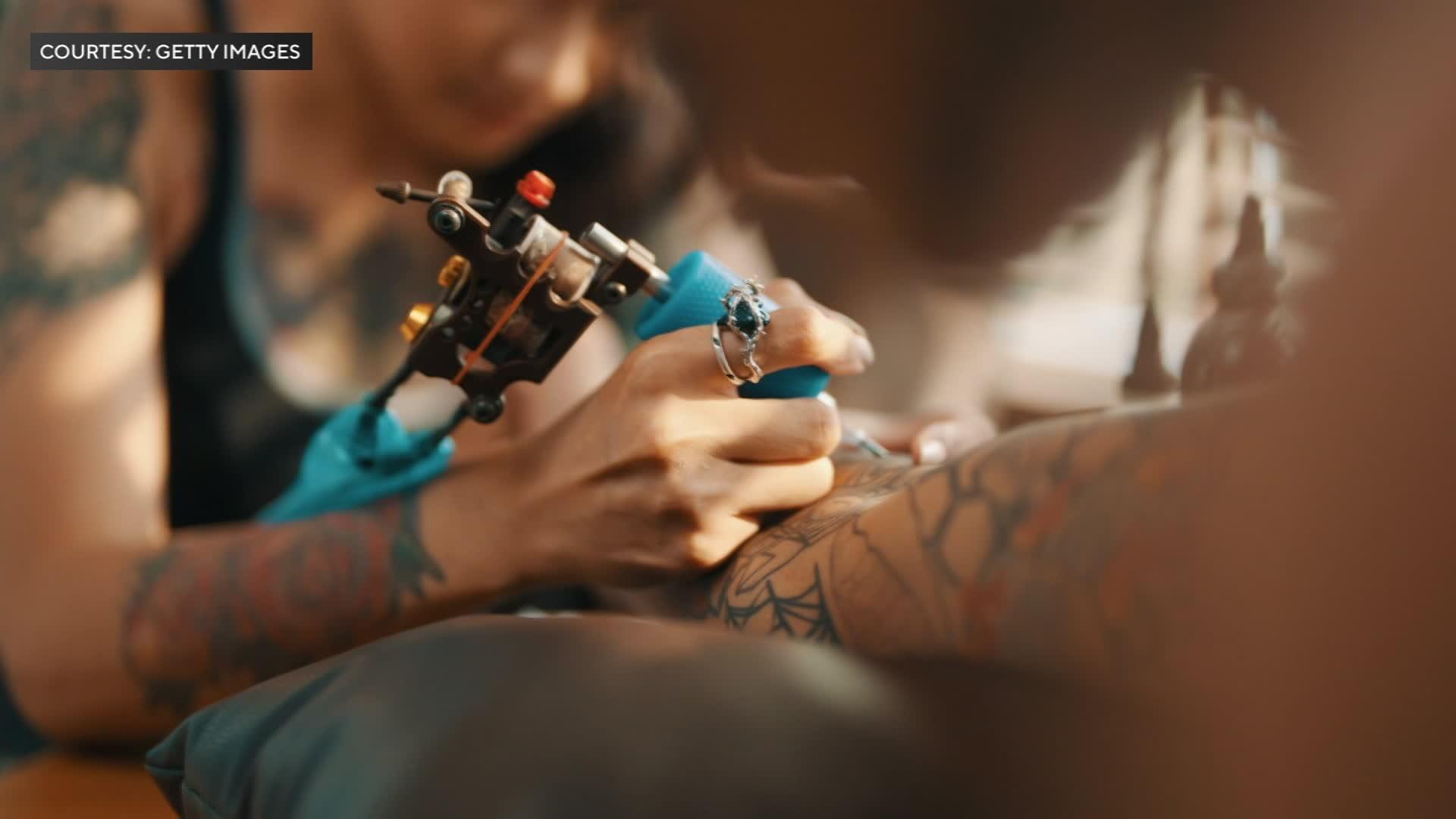Experts warn tattoos can make skin cancer harder to detect
With more people getting tattoos, doctors are raising concerns that body art could be hiding a potential danger: skin cancer.
A Danish study published earlier this year suggests there is an increased risk for people with tattoos, especially large ones.
Gabino Perez, 59, has multiple tattoos and is now watching them closely after being diagnosed with melanoma on his face.
"The word cancer just brings fear in anybody," Perez told CBS News Miami. "When she told me you got cancer, that was … that was a brick in my head."
The diagnosis was also difficult for Perez's family. He is a husband, brother, father and grandfather. His parents also died of cancer.
"When I told my sisters, they screamed take care because you know what happened to mom and dad," Perez said. "It's a different type of cancer, but definitely you've got to prepare yourself. You've got to take care of yourself more."
His cancer was removed, but his doctor advised him to keep a close eye on his skin, especially where tattoos are present. Perez demonstrated the concern by comparing his tattooed arm with his bare arm.
"Look at here. You can see the difference," Perez said. "I can tell what's happened here, but deep inside here, I can't see what's going on."
Studies show tattoos complicate diagnosis
A 2020 study in the medical journal JAMA Dermatology found melanomas in tattooed skin are often diagnosed at a later stage, making them more dangerous.
Dr. Jennifer Tang, a dermatologist and Cutaneous Malignancies Group co-leader at Sylvester Comprehensive Cancer Center, said not enough is known about the link between tattoos and cancer, but there is reason for concern.
"We know that tattoos can camouflage the appearance of moles and make the examination of them more difficult, meaning we're not able to assess the borders and colors as easily during your skin exam," Tang said. "So, that alone makes it more challenging and at higher risk of, you know, missing a skin cancer."
When asked if tattoo size matters, Tang told CBS News Miami, "So there's not a lot of great data, but there are some reports in the literature that state that the size of the tattoo can impact the risk. People who had tattoos greater than the palm of their hand, there was some association that had a higher risk of skin cancer and even lymphoma."
Precautions and protection
Perez now takes extra steps to protect himself.
"I know I have to wear sun protector, which I do. I wear it on my face and my arms because that's the most exposed part that anybody has," he said.
That also means regular visits to the dermatologist. Tang said people with tattoos do not need to be screened more often than those without tattoos.
"As of right now, no, there's no guidance in terms of how often people with tattoos should be screened," Tang said. "And for that matter, there's actually even no guidance even for the general population, but we do recommend, if there's a family history or if there's any lesion that's changing, growing, painful or bleeding, to seek attention because those are very usually common signs of skin cancer."
When it comes to prevention, Tang said the same rules apply to everyone:
"Wearing sunscreen every day. Broad spectrum that covers both UVA UVB preferably. Physical blockers that contain titanium or zinc oxide. And long-sleeve shirts with UPF, which is ultra protective factor, which protects against the UV rays," she said.
She also recommended avoiding direct sunlight from 10 a.m. to 4 p.m., when rays are strongest.
Advice before getting a tattoo
For those considering new ink, Tang suggests caution.
"I would say if you're thinking of getting a tattoo, perhaps get a skin exam first, because this way we can advise if there's any concerning mole or, you know, where to avoid the tattoo, if possible," she said.
Tang added that tattoos should never be placed over a mole.
